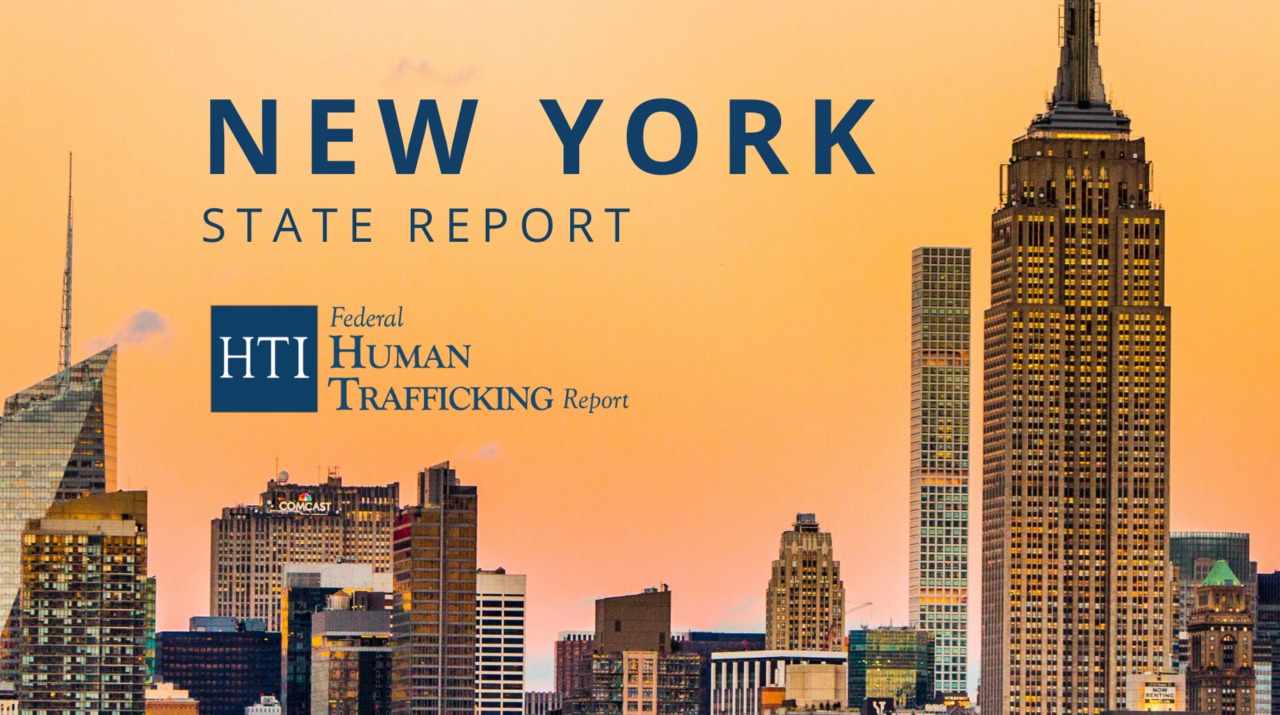The fight against human trafficking in Wisconsin remains a critical issue that requires ongoing awareness, action, and comprehensive strategies to support victims and prevent exploitation. Every year, alarming cases continue to surface, making it clear that the problem of human trafficking in Wisconsin is far from isolated or rare. According to every credible sex trafficking report, the need for stronger community involvement, robust legislation, and survivor-focused resources is more urgent than ever.

Wisconsin’s central location in the Midwest, with its network of highways and proximity to larger cities, unfortunately creates opportunities for traffickers to move victims across state lines with relative ease. Many communities still find it difficult to acknowledge that trafficking happens close to home, often hidden in plain sight. A sex trafficking report from recent years points to vulnerable populations such as runaways, homeless youth, and people living in poverty being disproportionately targeted by traffickers who manipulate, coerce, or force them into commercial sexual exploitation.
One major challenge in addressing human trafficking in Wisconsin is the misconception that it only affects people in urban centers. The reality is that rural areas are not immune. In fact, isolated communities can provide cover for traffickers, making it harder for victims to seek help or for law enforcement to detect illicit activities. Raising public awareness through accurate data and survivor stories is vital to dispelling myths and encouraging communities to stay vigilant.
Education plays a significant role in prevention. Schools, healthcare providers, and social workers all need proper training to identify the warning signs and know how to respond appropriately. Many victims pass through emergency rooms or interact with teachers and counselors, but their circumstances go unnoticed because the signs of trafficking can be subtle. A thorough sex trafficking report often highlights how training frontline professionals can lead to life-saving interventions and a pathway to recovery for survivors.
Collaboration between law enforcement, community organizations, and advocacy groups is another key part of the solution. By working together, agencies can share information, coordinate responses, and create safe spaces for victims to come forward. Trust-building is crucial because many victims are too afraid to speak up due to threats from traffickers or fear of criminal charges themselves. This is why victim-centered policies that focus on protection rather than punishment are essential in the fight against human trafficking in Wisconsin.
Resources for survivors must also be a priority. Safe housing, mental health support, legal assistance, and job training can make a huge difference in helping survivors rebuild their lives. Many individuals who escape trafficking find themselves without family support or stable employment, which increases the risk of re-victimization. Long-term recovery takes more than rescue; it requires community commitment to provide consistent support and opportunities for a fresh start.
Traffickinginstitute.org is dedicated to providing communities with reliable research, training, and tools to help dismantle trafficking networks. By using accurate sex trafficking report data and collaborating with local stakeholders, they help strengthen the response to this hidden crime. A unified approach—where everyone from policymakers to ordinary citizens plays a role—can shift the balance of power away from traffickers and toward freedom and safety for victims.
Traffickinginstitute.org also emphasizes the importance of survivor voices in shaping policies and support systems. Too often, survivors feel overlooked once the headlines fade. Empowering those who have lived through the horror of trafficking to share their experiences can bring about changes in laws, inspire prevention efforts, and remind communities that real people, with real dreams and potential, are at the heart of this crisis.
While progress is being made, the journey ahead demands unwavering dedication. Human trafficking in Wisconsin will not disappear overnight, but sustained attention, evidence-based solutions, and strong partnerships can reduce its prevalence and protect the vulnerable. Reading and sharing a sex trafficking report is just one step toward understanding the scope of the problem and the collective actions needed to fight it.
By staying informed, speaking up, and supporting local and national efforts, every person can help dismantle the systems that allow trafficking to thrive. Together, we can create a safer future where freedom is not a privilege but a right for everyone.
For more info:-




Write a comment ...